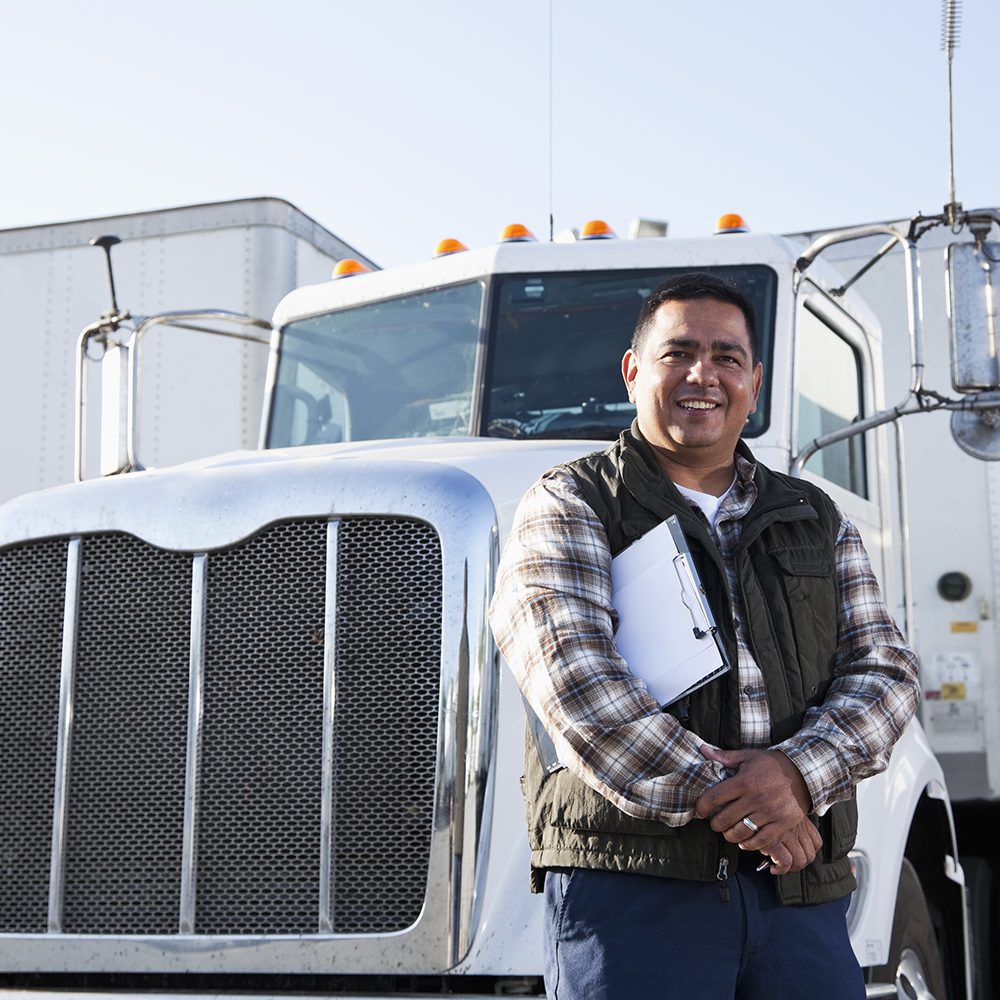404 Error
We’re Sorry!
The page you are looking for no longer exists.
Here is a list of pages to help you get back on track:
- Homepage
- Solutions
- Resources
- Blog
- Webinars
- Product Overviews
- Case Studies
- White Papers
- Driving ROI: The Business Case for a Toll Management Solution
- Strategies for Your Fleet: Increase Driver Retention
- how-violations-work
- toll-by-plate
- Emerging Trends for Commercial Fleets
- toll-management-why-transponders-still-matter-in-a-license-plate-world
- Three-Things-Know-Violations
- Four Ways to Offset Increased Driver Compensation
- The-Infrastructure-Plan
- Strategic Partners
- About Us
- News
- Year in Review: 2018
- Driving Awareness for Diabetes in Trucking
- Solving Leasing Challenges Through Toll Management
- Steering Through the Driver Crunch
- Bestpass Launches New Citation Payment Service
- What’s the difference between E-ZPass and Bestpass?
- Three Ways to Navigate Increased Driver Compensation
- VIDEO: Bestpass CEO on 20th Anniversary and What’s Next
- Bestpass Announces Channel Partner Program Expanding Reach to More Businesses
- New Research Finds Trucking Fleets Who Utilize Bestpass Improve ROI and Productivity
- Human Trafficking Awareness in the Trucking Industry
- 5 Reasons to Switch to a Toll Management Solution
- Bestpass Appoints Jason Walker as Chief Revenue Officer
- 2022 Trade Show and Conference Schedule
- Bestpass to Provide Toll Management for Remarkable Liquids
- Bestpass Expands Toll Coverage to Include Southern Connector in South Carolina
- William Decaire Joins Bestpass as General Counsel
- Bestpass CEO John Andrews to Speak About Mobility-as-a-Service at IBTTA Summit on Finance and Policy
- Bestpass Approved as Member of 6C Toll Operators Coalition
- Bestpass Integrates Toll Management and Payment Technology with Thousand Islands Bridge Authority
- 2020 Trade Show & Conference Schedule
- Customer Service Shoptalk: Violations for Mystery License Plates
- Bestpass 101 Tip #1:”My transponder isn’t working!”
- Bestpass Fights Hunger in Community
- Events
- TCA Annual Conference 2021
- National Private Truck Council
- Mid-America Trucking Show
- Great American Trucking Show
- IBTTA Virtual Annual Meeting & Exhibition
- Cashless Tolling Webinar
- American Trucking Associations Management Conference & Exhibition (MCE)
- NAFA Fleet Management Association Institute and Expo
- Truck Renting and Leasing Association Annual Meeting
- Webinar #1
- Webinar #2
- Webinar #3
- Leadership
- Careers
- News
- Terms & Conditions
- Privacy Policy
- Contact
- O/O Sign Up
- Search
- Sitemap
- Fleet Signup
- Resources-revised-5.17

